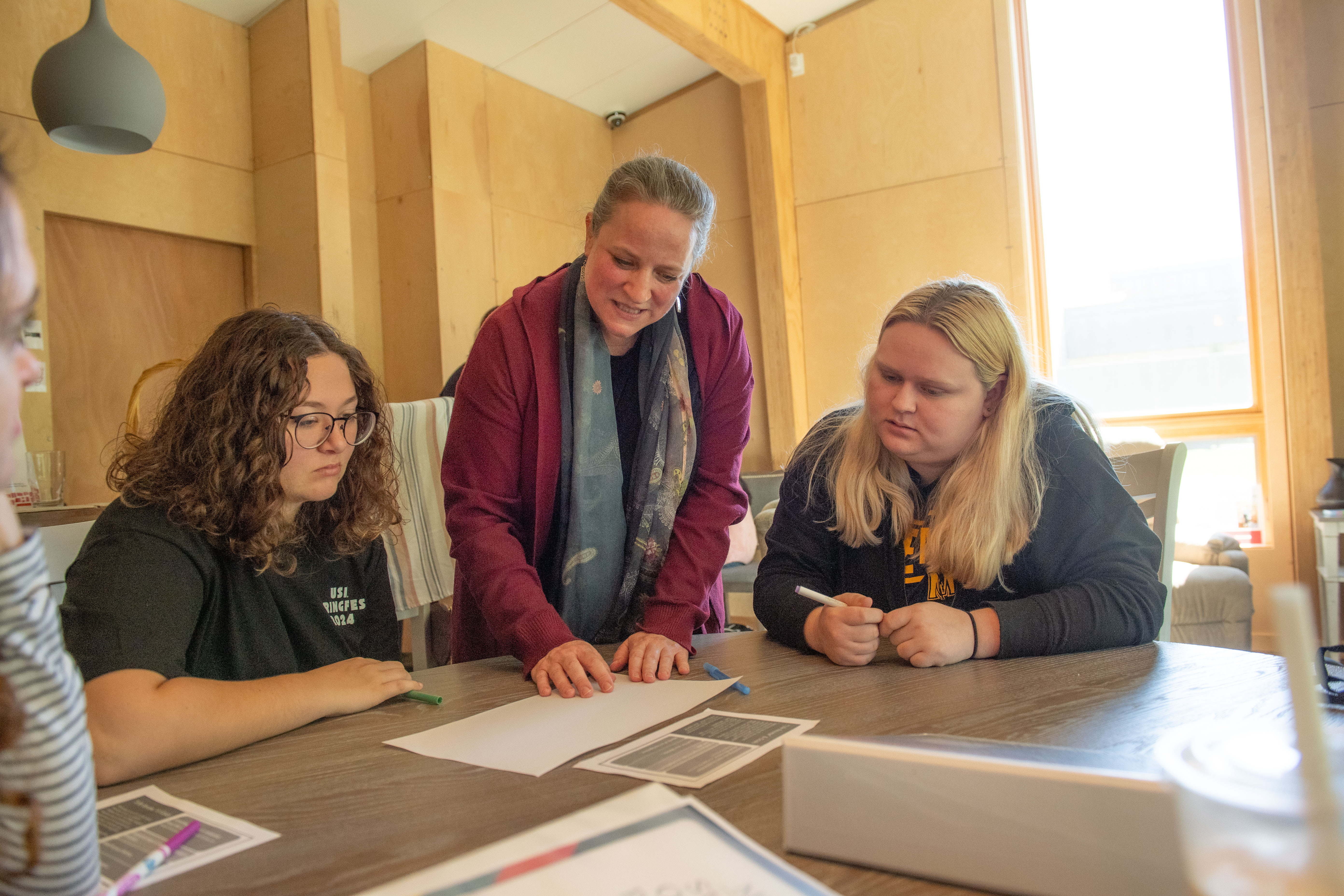
Humans have several basic motivations including the need to belong and the need to feel good about oneself. People often act in strategic ways to meet these needs, even if their actions seem risky or counterintuitive to observers. In my lab, I research one type of these risky self-protective behaviors called self-handicapping. Self-handicapping occurs when someone preemptively creates an excuse to protect themselves from failure. Excuses range from claims of debilitating circumstances like testing anxiety, to self-sabotaging behaviors like drinking alcohol or taking drugs before a performance. People use self-handicapping to shift the blame for their failure away from the self and onto an external excuse in order to feel good, even after failure.
Self-Handicapping Publications:
Current Self-Handicapping Projects:
When situations are ambiguous, individuals look to others to determine how to act. There are two different types of information people can gather: injunctive and descriptive norms. Injunctive norms describe the actions most others approve of and tell us what we should do. Descriptive norms provide the actions most others do and tell us what behavior is most efficacious in a given situation. My work in this area focuses on how individuals differentially use normative information to determine their behavior.
Current Social Norm Projects:
My final focus of research revolves around using psychology to help students learn more effectively and achieve more. My work in this area focuses both on tackling common student issues like lack of effort and motivation, and on ways to improve the behaviors and experiences of educators.
SoTL Publications
Current SoTL Projects